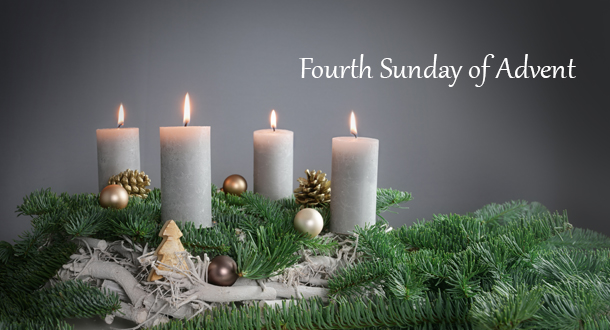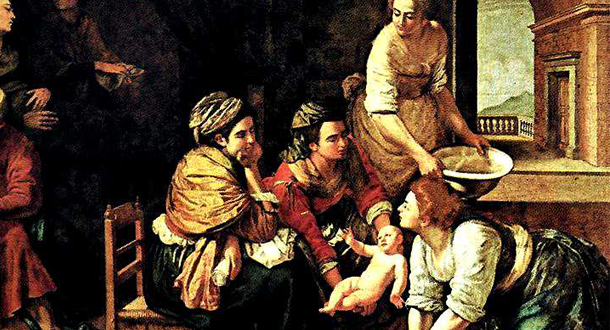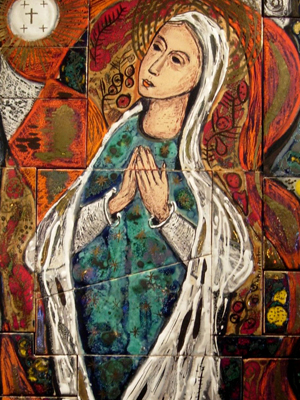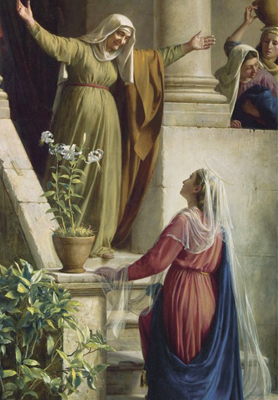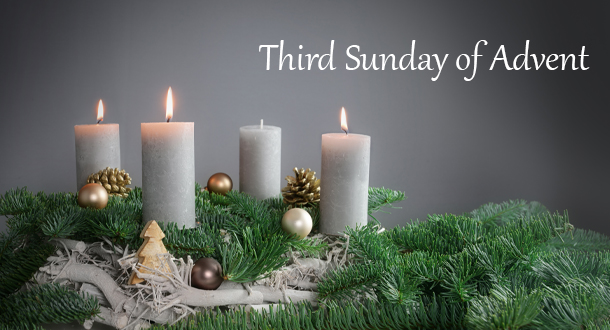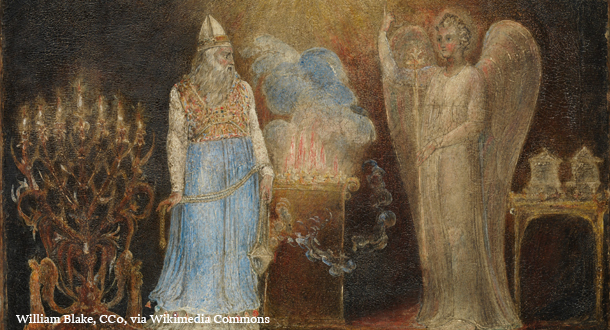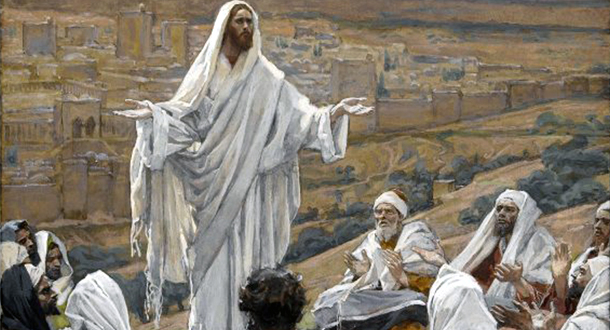
The Nativity of the Lord
Scripture:
Isaiah 52:7-10
Hebrews 1:1-6
John 1:1-18
Reflection:
Let Us Dream
I have a hunch that the Wise Men would have liked Pope Francis.
Nowhere in the Bible does it say that the Three were kings. No, they were astrologers — magi or magicians. But Matthew gives them lots of coverage, especially since Matthew was writing to the Jewish community, and the Three Wise Men were outsiders. But they had the courage to follow their star, and they became models of faith for us. Artists and musicians and writers need not romanticize the story; we learn from the stranger.
Each generation supposes it is unique in its experience. With the number of folks drifting from regular worship, the polarization in politics, and divisions in the Church, our democracy in jeopardy, and commentators writing often about our “post-truth” culture, it is easy to succumb to playing the “ain’t it awful” game when we gather with family, friends, or colleagues for the holidays. Too often we feel we are walking on eggshells, and hesitant to express our opinion about anything, lest we offend someone.
But Pope Francis often invites us to imagine, to dream. Maybe this Christmas we can see with new eyes. The Synod on Synodality helps us ponder that provocative passage from Isaiah 54:2: “Enlarge the space for your tent.” The Magi found the Christ because they were willing to go deeper, to listen, to follow their dream.
The mystery of Christmas isn’t only about a baby in a manger. What happened long ago happens here and now. God is crashing into our lives, ever new. Emmanuel, God-with-us. If only we could imagine.
Fr. Jack Conley, CP, is the local superior of St. Vincent Strambi Community in Chicago, Illinois.

